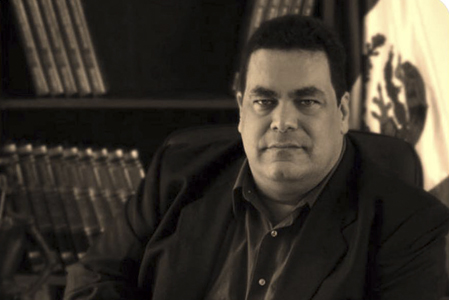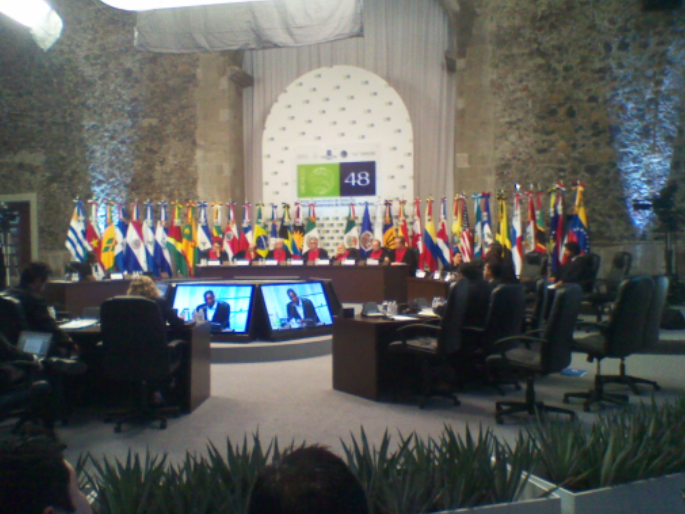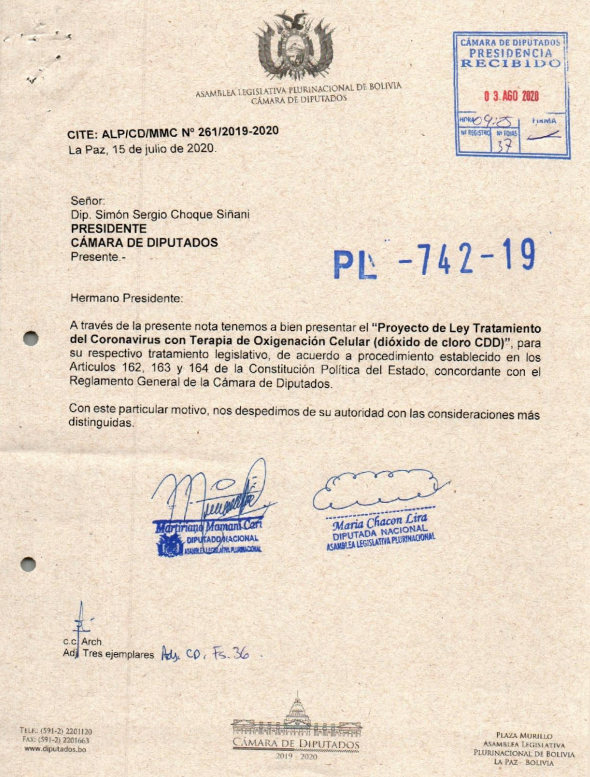Legality
"The use of chlorine dioxide is not prohibited, it is simply not authorized as a medicine and presents a dilemma as to its legality."

Dr. Guillermo Robertson, Federal Commissioner of the International Commission on Human Rights.
Claiming human rights:
While in Peru, Argentina and other places they are persecuting doctors who are attending to their patients’ request to apply chlorine dioxide, the International Court of Human Rights has ordered member countries to dis-apply rules that go against human rights.
The Declaration of Helsinki (with international treaty status) of the World Medical Association WMA, 2013 in its fourth article states that “it is the duty of physicians to promote and safeguard the health, welfare and rights of patients, including those involved in medical research. The physician’s knowledge and conscience must be subordinated to the fulfillment of this duty. The seventh states that “medical research is subject to ethical standards that serve to promote and ensure respect for all human beings and to protect their health and individual rights.
Informed consent
Download the informed consent for the use of chlorine dioxide in the form of CDS
Article 9. Right to Self-Determination
In medical research, it is the duty of the physician to protect the life, health, dignity, integrity, right to self-determination, privacy and confidentiality of personal information of research subjects. The responsibility for the protection of research subjects should always rest with a physician or other health professional and never with the research participants, even if they have given their consent.
Article 37. Unproven interventions in clinical practice.
When in the care of a patient, proven interventions do not exist or other known interventions have proven ineffective, the physician, after seeking expert advice, with the informed consent of the patient or an authorized legal representative, may be permitted to use unproven interventions, if, in his judgment, this gives some hope of saving life, restoring health or alleviating suffering. Such interventions should be investigated further to assess their safety and efficacy. In all cases, such new information should be recorded and, where appropriate, made publicly available.
The Inter-American Court of Human Rights has ordered all member countries of the Commission that, in case there is any internal norm that violates human rights or any international treaty for the protection of human rights, the country must cease to apply such norm. Minister Pilar Elena Mazzetti Soler, Peruvian surgeon and neurologist, declared during the pandemic that doctors will be able to administer Chlorine Dioxide under an informed treatment.
“Human Rights – International Treaties on Chlorine Dioxide:
- Human right to information
- Human right to health

Bolivia’s Chamber of Deputies has approved a law regulating the manufacture, marketing, supply and consensual use of chlorine dioxide solution, both preventively and as a treatment for patients diagnosed with coronavirus.
The bill, previously approved by the Senate in July, includes modifications that establish that public and private laboratories, accredited and authorized by the competent entity, will be able to manufacture chlorine dioxide solution. These laboratories will have to comply with the quality conditions and, in addition, they will have to include in the final product leaflets that accredit its composition, dosage, precautions and care to be taken into account when consuming this compound.
This has been indicated in the official communiqué of the Chamber. The legislators who promoted this project defend the use of this substance as an “alternative” to face the pandemic.

